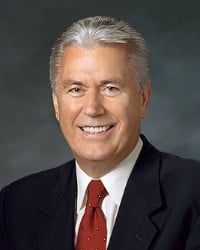
“Because God has been faithful and kept his promises in the past, we can hope with confidence that God will keep His promises to us in the present and in the future.”
LDS Quotes on Hope

“Because God has been faithful and kept his promises in the past, we can hope with confidence that God will keep His promises to us in the present and in the future.”
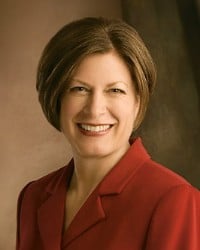
“Because of Christ there is hope smiling brightly before you, and you need not worry too much about sickness, death, poverty, or other afflictions. The Lord will take care of you. Your responsibility is to keep the commandments, feast upon the words of Christ, and stay in the path to your heavenly home.”
| "There Is Hope Smiling Brightly before Us", Ensign, May 2003, 103

“What is the remedy? The first thing we must understand is that addictions are so much easier to prevent than to cure. In the Savior’s words, “Suffer none of these things to enter into your heart.” . . . The best defense against addiction is never to start.
“But what of those who find themselves in the grip of addiction? Please know, first of all, that there is hope. Seek help from loved ones, Church leaders, and trained counselors. The Church provides addiction recovery help through local Church leaders, the Internet, and in some areas, LDS Family Services.
“Always remember, with the Savior’s help, you can break free from addiction. It may be a long, difficult path, but the Lord will not give up on you. He loves you. Jesus Christ suffered the Atonement to help you change, to free you from the captivity of sin. The most important thing is to keep trying—sometimes it takes several attempts before people find success. So don’t give up. Don’t lose faith. Keep your heart close to the Lord, and He will give you the power of deliverance. He will make you free.”
| “Are You Sleeping through the Restoration?” LDS General Conference
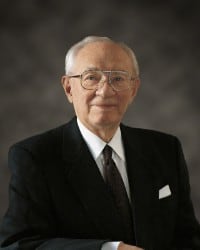
“These are the most reassuring words in all of human history [referencing (Matt. 28:1–2, 5–6)]. Death—universal and final—had now been conquered. Never had this occurred before. There had been only death without hope. Now there was life eternal. Only a God could have done this. The Resurrection of Jesus Christ was the great crowning event of His life and mission. It was the capstone of the Atonement. The sacrifice of His life for all mankind was not complete without His coming forth from the grave, with the certainty of the Resurrection for all who have walked the earth.”
| “This Glorious Easter Morn”

Darkness cannot drive out darkness: only light can do that. Hate cannot drive out hate: only love can do that.
| A Testament of Hope: The Essential Writings and Speeches
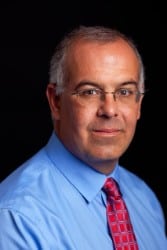
“Nothing that is worth doing can be achieved in our lifetime; therefore we must be saved by hope. Nothing which is true or beautiful or good makes complete sense in any immediate context of history; therefore we must be saved by faith. Nothing we do, however virtuous, can be accomplished alone; therefore we are saved by love. No virtuous act is quite as virtuous from the standpoint of our friend or foe as it is from our standpoint. Therefore we must be saved by the final form of love, which is forgiveness.”
| The Road to Character
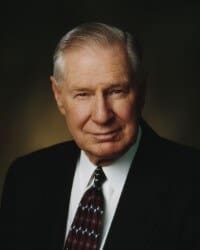
“There is a divine purpose in the adversities we encounter every day. They prepare, they purge, they purify, and thus they bless.”
| The Refiner's Fire, Ensign, May 1979, 53

It’s really a wonder that I haven’t dropped all my ideals, because they seem so absurd and impossible to carry out. Yet I keep them, because in spite of everything, I still believe that people are really good at heart.

“Everybody in this life has their challenges and difficulties. That is part of our mortal test. The reason for some of these trials cannot be readily understood except on the basis of faith and hope because there is often a larger purpose which we do not always understand. Peace comes through hope.”
| Hope, an Anchor of the Soul, Ensign, Nov 1999, 59